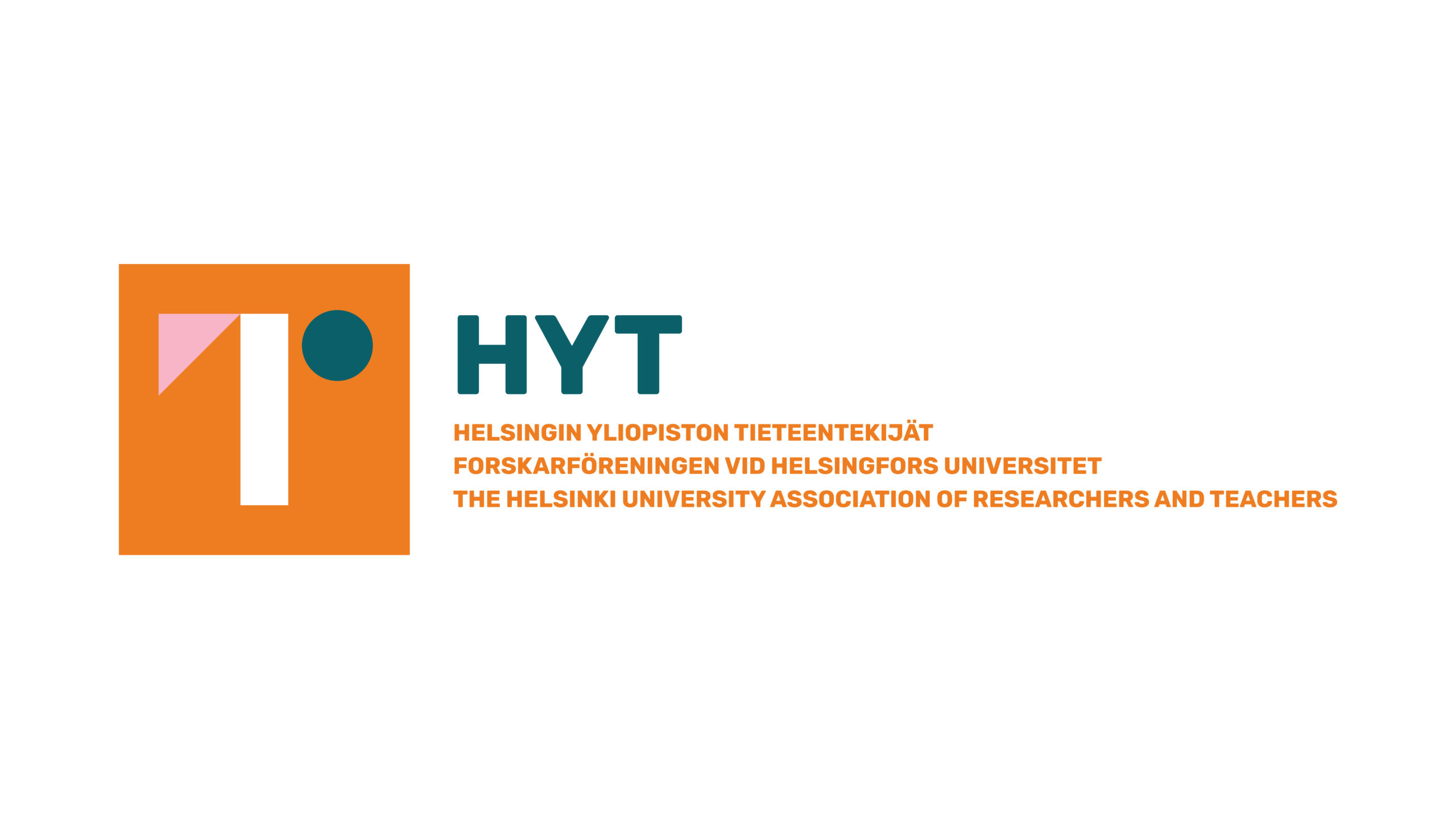At this point in the year, it would be a platitude to state that we are living in exceptional times. But: we are living in exceptional times. Endless Zoom and Teams meetings numb the brain, but hopefully combining leisure time and work has become easier with practice. Restrictions have brought silence to airports, restaurants, and many workplaces. Organisations, too, have had to cancel events as well as think of new ways of working, reaching out to, and supporting members. Despite the coronavirus, things are still happening at the university and in organisations, and we have been actively promoting our members’ interests.
I am particularly happy that HUART established a working group for grant-funded researchers that aims to tackle the problems of academic workers in a precarious position. In addition to short grant periods and uncertainty, grant-funded researchers are not always treated as part of the university community. The working group is open to all members, so if you are interested in the organisation’s activities and lobbying, do contact us. Grant-funded researchers’ position has recently generated some discussion, as HUART member Tommi Mäklin’s opinion piece was published in the Helsingin Sanomat. Mäklin addressed a topical subject: grant-funded researchers have to pay university compensation even though they have not been able to use their offices due to the exceptional circumstances. There have subsequently been promises to think about the matter, for example, in a working group appointed by the rector and headed by vice-rector Paula Eerola. The working group has been tasked with looking into grant-funded researchers’ situation.
In August, the Board of the University of Helsinki made a decision regarding the career path for university lecturers. Among the problems identified with university lecturers’ career paths is, for example, difficulty furthering one’s career. The volume of teaching required of university lecturers often leaves little time for research, which is an essential merit when seeking professorships. The tenure track has also been seen as an overtaking lane, which is hard for even highly accomplished university lecturers to join. Last year, a working group was appointed to report on the career path issue. The preliminary proposal from the working group had many flaws and it was almost fully rejected in an open discussion held last autumn. The university lecturers in the working group filed a dissenting opinion from that expressed in the working group’s proposal. The board made some small changes to the proposal after modifications were suggested. In future, university lecturers must have the opportunity to progress to the position of professor via the assessment and invitation procedure after a development discussion and approvals by the faculty’s recruiting body, the rector, and the dean. Jukka Kekkonen, a member of the Board of the University of Helsinki, has described the process in this piece. Earlier this year, university lecturers started writing about the difficulties of an academic career in the Urapolku blog. I myself am of the opinion that problems related to careers will not be fixed with sticking-plaster solutions but that the system should be more thoroughly revamped; but this is a discussion that merits its own article.
YLE recently reported about the Times Higher Education university ranking, where the University of Helsinki was ranked in the top 100 in 98th position. The university has fallen from its best ranking in 2016 when it was ranked 76th. What the ranking reveals is a different matter altogether. However, the objective apparently is to be at the top. Outsourcing assessment and focussing on rankings dumbs down the science policy debate.
I wish you all a wonderful start to the new academic year!
Tommi Kokkonen
Chair
